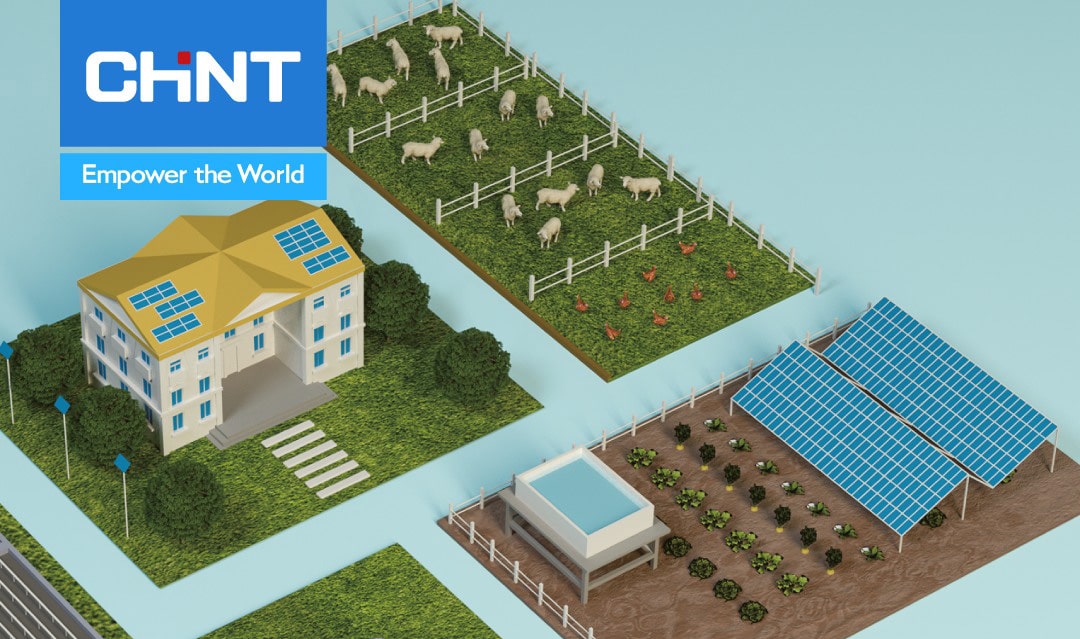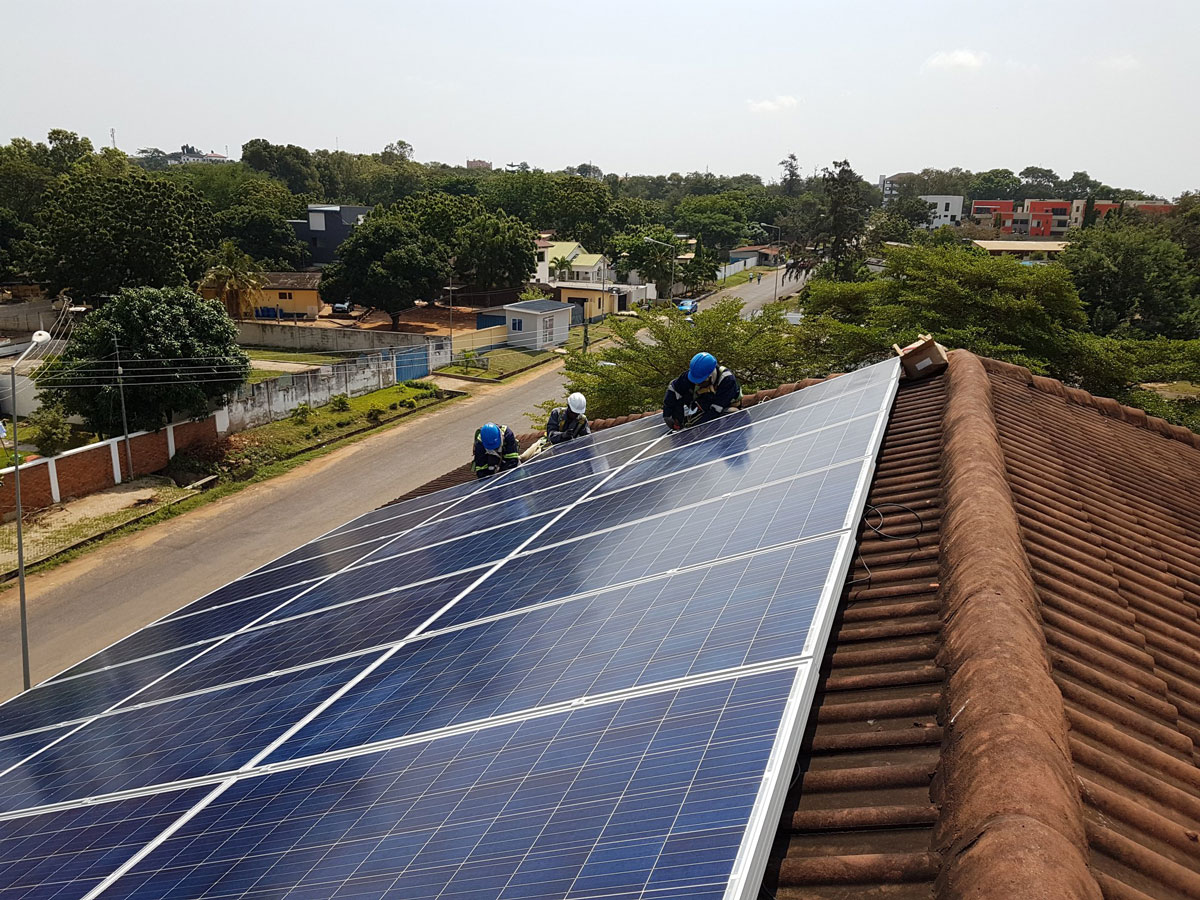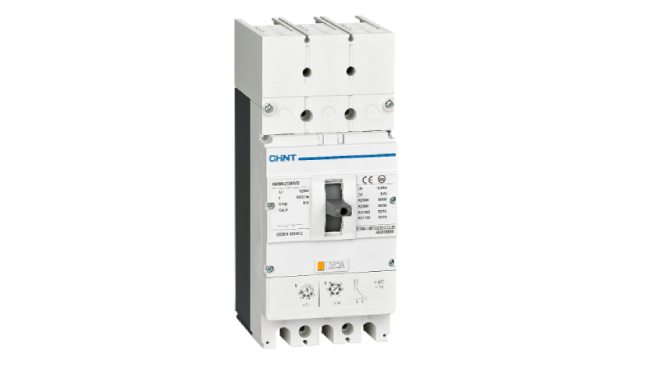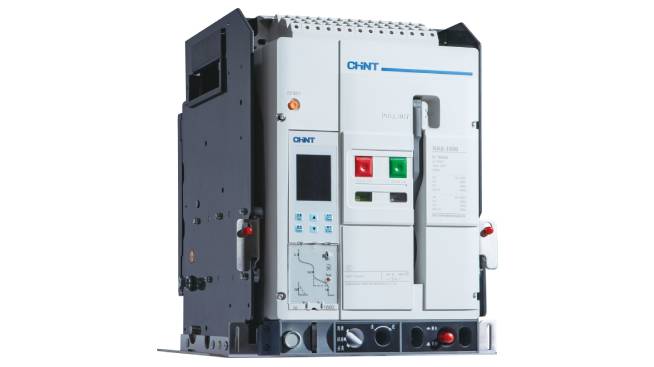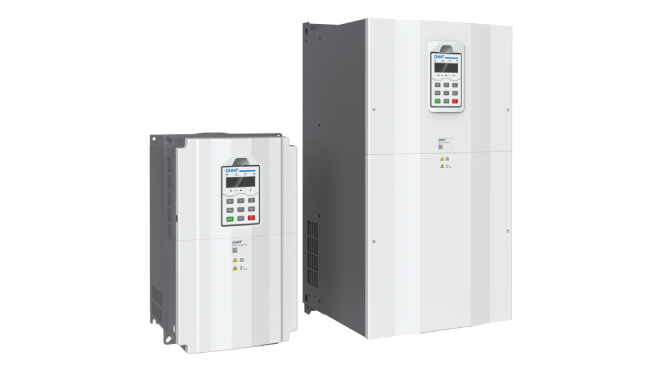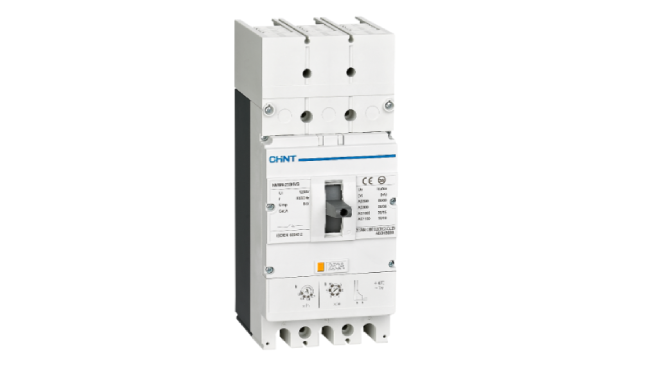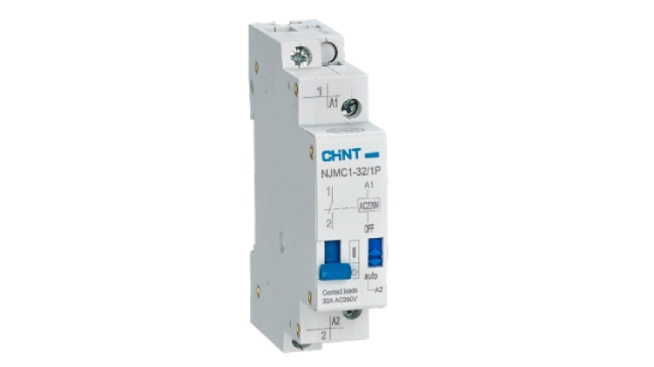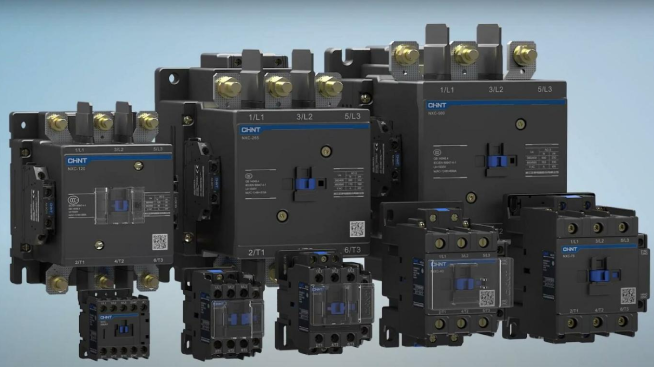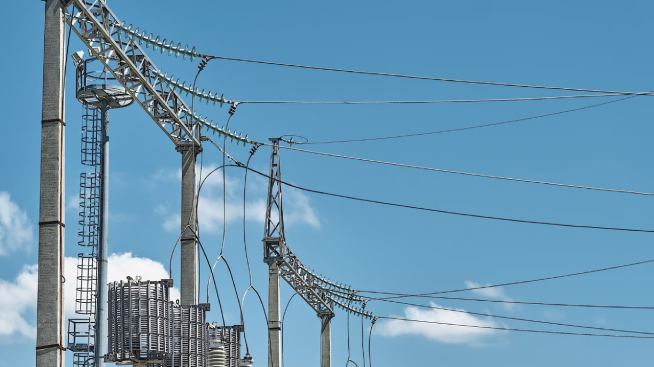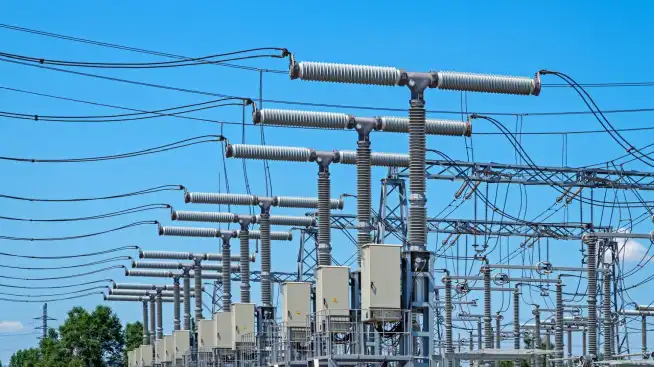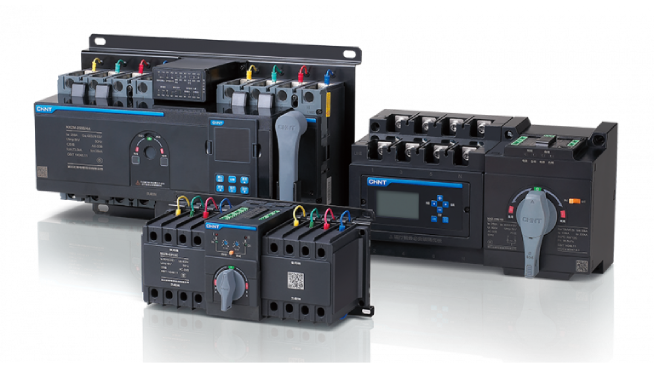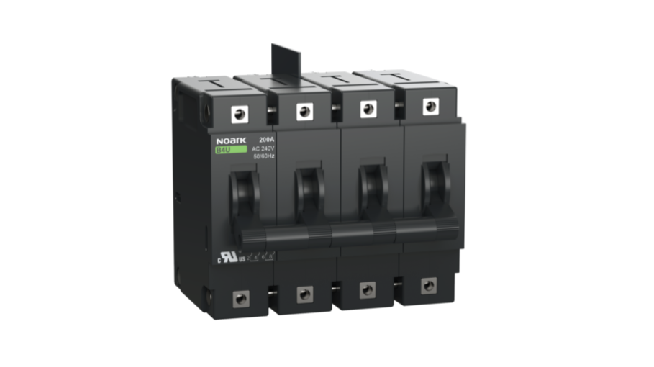Table of Contents |
Residential solar PV systems are gaining worldwide popularity as more homeowners, property managers, and investors have realized their potential. People have realised the benefits of solar energy, including lower energy costs, reduced carbon emissions, and potential tax credits.
Still, before investing in residential solar power, it’s vital to weigh the pros and cons. This article presents a balanced view on residential solar PV systems, so that when you have all the facts, you can make decisions concerning your sustainable energy needs.
Advantages of Residential Solar Panels
1. Lower Energy Bills
Since solar panels harness the energy from the sun, there is no need for power-generating equipment, making it one of the most cost-effective energy solutions available. The money you save on energy bills typically pays for the equipment over time. In addition, there is minimum maintenance on your solar panels, so you can save some money there as well.
2. Great For the Environment
According to the University of California, Berkeley, powering your home with solar energy could reduce your carbon footprint by as much as 80 percent. Another study conducted by Columbia University concluded that solar panels did more per acre to reduce greenhouse gas emissions than rainforests.
3. Energy Independence
When you rely on a municipal power grid, you can’t do much about outages since you have no control over how they are managed. But with residential solar power, once installed and inspected, it’s set-and-forget.
There is less that can go wrong with solar power, and you have peace of mind knowing that the sun will continue to provide clean, renewable energy as long the system is installed in your home. With solar + energy storage systems installed in your house, you don’t need to worry about power outages because the system can supplement the power supply of your house.
4. Tax Incentives
Federal tax incentives are still available for residential solar installation projects. But unfortunately, if not extended soon, they will expire in 2024. However, your state or local government may also have incentive programs, so checking with your local housing authority for eligibility requirements is a good idea.
Chint Global’s AstroSemi, AstroTwins and Noark solar panels maximize the benefits of owning a residential solar system by offering a high-efficiency rating, superior heat resistance, and exceptional durability. In addition, our solar panels are cost-effective, reliable, and can provide all your energy needs, including powering high-wattage appliances throughout your home.
Disadvantages of Residential Solar Panels
1. Solar Requires Substantial Investment
Installing Solar panels on your home requires some investment, similar to any major home improvement project. Residential solar PV systems cost from $15,000 to $45,000 or more to install, depending on the size of the home. Despite that, you can ease the burden through financing or creative leasing mechanisms that allow you to pay for the system over time.
2. Not Suitable For Night Time Use
Since solar panels don’t work at night, you must rely on the power grid to supply energy for your home during the evening hours. You can also opt for battery storage at an additional cost.
3. Solar Panels Need Lots of Space
Traditionally, you need several solar panels to provide enough electricity to power. This requirement can take up a lot of space on your roof, but this is not the case with Chint Global’s AstroSemi, AstroTwins and Noark solar panels. Because our solar panels yield higher output than others on the market, fewer are needed, which is great for residences with small roof areas.
4. Weather Can Affect Power Output
Harsh, unforgiving weather conditions can affect solar panel performance. Clouds and rain block some of the sunlight reaching the panels, making them less efficient overall. Dirt, snow, tree branches, and other debris can also block sunlight, affecting your solar panel performance.
Chint Global’s AstroSemi and AstroTwins solar panels help mitigate the downside of residential solar panels by offering increased output, efficiency, and durability to withstand even the harshest weather conditions. And due to their higher output, you need fewer panels, taking up less space on your roof.
How Long Do Residential Solar Panels Last?
The typical lifespan of a solar panel is from 25 to 30 years. How long yours will last depends on factors like the quality of materials, manufacturing techniques, and how well you take care of them over time. Because the average return of investment (ROI) of a solar panel installation is 10 years or more, it’s best to have panels that are durable and built to last.
Chint Global’s AstroSemi and AstroTwins products offer premium quality and durability to last long after you install them. Our monocrystalline solar panels provide up to 20 percent more energy output than conventional solar panels and are made from sturdy, weather-resistant materials.
Choosing the Right Solar Panels for Residential Applications
Choosing solar panels for residential use can be challenging since several options exist. Therefore, you want to look for these key characteristics while shopping for your solar panel system.
Efficiency
Monocrystalline solar panels have a superior efficiency rating over polycrystalline panels. However, they cost more and require more space.
Durability
Look for solar panels that are durable and weather resistant. Again, monocrystalline panels tend to last longer than polycrystalline panels.
Warranty
Choose panels that have at least a 12-year materials and processing warranty. Also, they should have at least a 25-year warranty for extra linear output.
Aesthetics
Gone are the days of clunky-looking solar panels that degrade the aesthetics of your residence. Instead, your solar panels should add to the beauty of your home.
Conclusion
Chint Global’s AstroSemi and AstroTwins provide optimal efficiency and durability. In addition, we offer a 12-year warranty on materials and processing and a 25-year warranty for extra linear output. To learn more about our full line of solar products, visit ChintGlobal.com.
FAQ about Residential Solar Panel
What is the lifespan of residential solar panels?
Do I need special permits to install residential solar panels?




